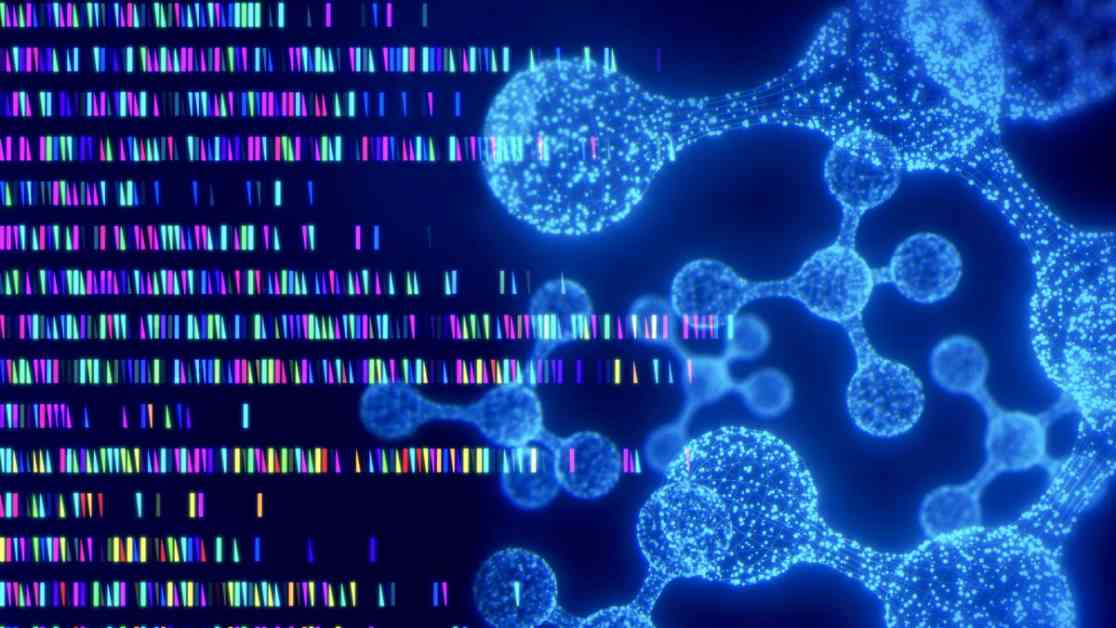Scientists have created a new machine learning model called Evo that can understand and design genetic instructions. This model can predict the effects of genetic mutations and create new DNA sequences, although these sequences may not match those of living organisms closely. With further training, Evo and similar models could help scientists understand different DNA and RNA sequences’ functions and potentially help in disease prevention and treatment.
Evo is classified as a large language model (LLM), similar to OpenAI’s GPT-4 and Google’s Gemini. Unlike traditional LLMs trained on words, Evo is trained on the genomes of millions of microbes, including archaea, bacteria, and viruses. Each base pair in these genomes acts as a “word” in the model, allowing Evo to predict how a DNA strand will function or generate new genetic material.
Compared to other machine learning models, Evo stands out due to its ability to process long strings of information quickly and efficiently. It can analyze patterns at the genome scale and capture large-scale interactions that more specialized models might miss. In tests, Evo accurately predicted how genetic mutations would impact protein structures and even generated protein and RNA components that protected against viral infections in lab experiments.
However, Evo’s training on microbial genomes means it cannot yet predict the effects of human genetic mutations accurately. The researchers behind Evo emphasize the importance of establishing safety and ethics guidelines to prevent misuse of such tools as their capabilities improve. They stress the need for collaboration among the scientific community, security experts, and policymakers to address potential threats and ensure responsible use of AI in genetic research.
In conclusion, Evo represents a significant advancement in the field of genetic research, offering new possibilities for understanding genetic mutations and designing potential solutions to combat diseases. As technology continues to evolve, it is crucial to establish guidelines that promote ethical and responsible use of AI in genetic studies to maximize its benefits while minimizing potential risks.




